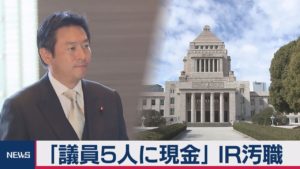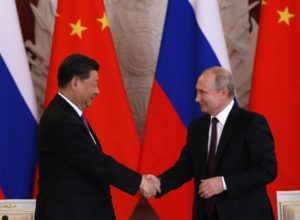Shortly before entering the Golden Week celebrations of the PRC’s 70th anniversary, Chinese provincial authorities flexed their muscle by dispatching officials to close to 100 privately-owned companies in Zhejiang province, aiming in particular at Hangzhou technological hubs.
Companies like Internet and technology giant Alibaba, automaker Zhejiang Geely and even food & beverage group Wahaha reportedly welcomed new staff sent in to “foster a better business environment in support of Hangzhou-based enterprises”, according to a statement from Alibaba. “The government representative will function as a bridge to the private sector, and will not interfere with the company’s operations”, the firm added. Good…
In the midst of the unresolved trade war with the US and as its impacts are being felt in the latest industrial production data, the move can clearly be seen as a step further towards reining in “red capitalists” and reaffirming State control over an often over-stretched, heavily indebted private sector. As Peking University professor Paul Gillis reminds us: “While China legitimized capitalism, the level of government influence was never intended to disappear. Occasionally private entrepreneurs forget about this and are reminded of it.”
Are we witnessing the implementation of a reverse “Temasek model” ? While the Singaporean state-owned investment management firm pioneered the improvement of corporate governance and profitability and enabled the emergence of a culture of maximizing asset value in state-owned enterprises, this move from Zhejiang authorities appears to aim for precisely the opposite goal: bring privately-owned businesses in line with strategic orientations decided at the State level and control systemic risk, potentially at the expense of corporate governance and transparency. As Richard W. Carney writes in his must-read “Authoritarian Capitalism: Sovereign Wealth Funds and State-Owned Enterprises in East Asia and Beyond” about the state-sector pyramidal structure: “These corporate ownership arrangements complement and are reinforced by the CCP’s incentivized hierarchy that preserves party loyalty”.
The idea here is clearly to instill this very principle to the private sector at a time when many an entrepreneur have to be reminded of their duties and of the Nation’s priorities.
Picture credits: Reuters / Jason Lee







Be First to Comment